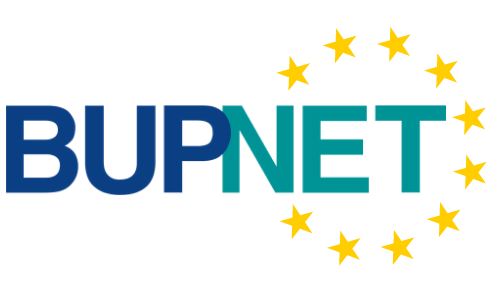An important part of fact checking is to know what you’re reading, and who wrote it and why? In other words you need media literacy. The role of fact checking and verification has changed, professionals are no longer able to verify such a huge amount of data, therefore the credibility of the information we absorb is questionable. Despite this many people still dismiss media as harmless entertainment and claim they aren’t influenced by its messages. However, research findings consistently demonstrate that people are impacted by the media messages they consume. The first attempts to educate citizens about media literacy can be traced back to the 1920s, 1930s anglo-saxon countries. The objectives were to teach analytical skills to media users (consumers) and to protect the youth from media by warning them against its consumption. These endeavours were condemned to fail as the population got hooked on mass media, which after moving into the homes of millions, started to expand and be present in more and more aspects of life. The topic of media literacy still needs more attention but authors in general observed that media literacy education can reduce the impact of harmful messages transmitted by the media. Most of the countries do not have standardised media literacy curriculum in educational institutions, the responsibility is left to the school or to the teacher to tackle the problem.
Want to find out more? Read the Critical Balance e-book for youth workers on critical thinking and conspiracy theories!

